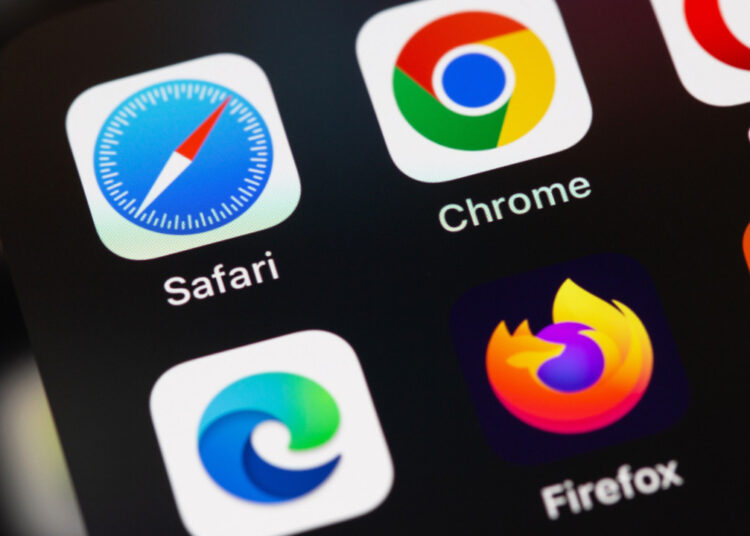Statcounter’s September data shows that Google Chrome has strengthened its leadership in the desktop market. The results indicate that Chrome has increased its share to 71.86%, setting a record and marking a significant increase of 2.6 points compared to the previous month.
This rise directly affected competitors. Edge, ranked second in the market, although heavily developed by Microsoft, reduced its share from 11.73% to 10.37%. Remaining far from its long-term goal of reaching the 15% threshold, Edge also created activity in other browsers. Safari decreased by 0.35% to 5.69%, and Firefox dropped from 4.93% to 4.45%. In contrast, Opera increased slightly to 2.11%.
Artificial intelligence integrations are emerging as a clear driving force in the browser market competition. While Google adds new features to Chrome using the Gemini AI module, Microsoft aims to bring this experience to Edge with Copilot Mode. Opera, on the other hand, participates in this competition by offering its AI-focused features, Opera Neon, through a monthly subscription of $19.90.
However, rapid AI initiatives are not positively received by all users and institutions. Some criticisms argue that AI simplifies the internet experience and transforms users from active participants into passive viewers. How the browser market will manage these two approaches in the future will become clearer over time.









